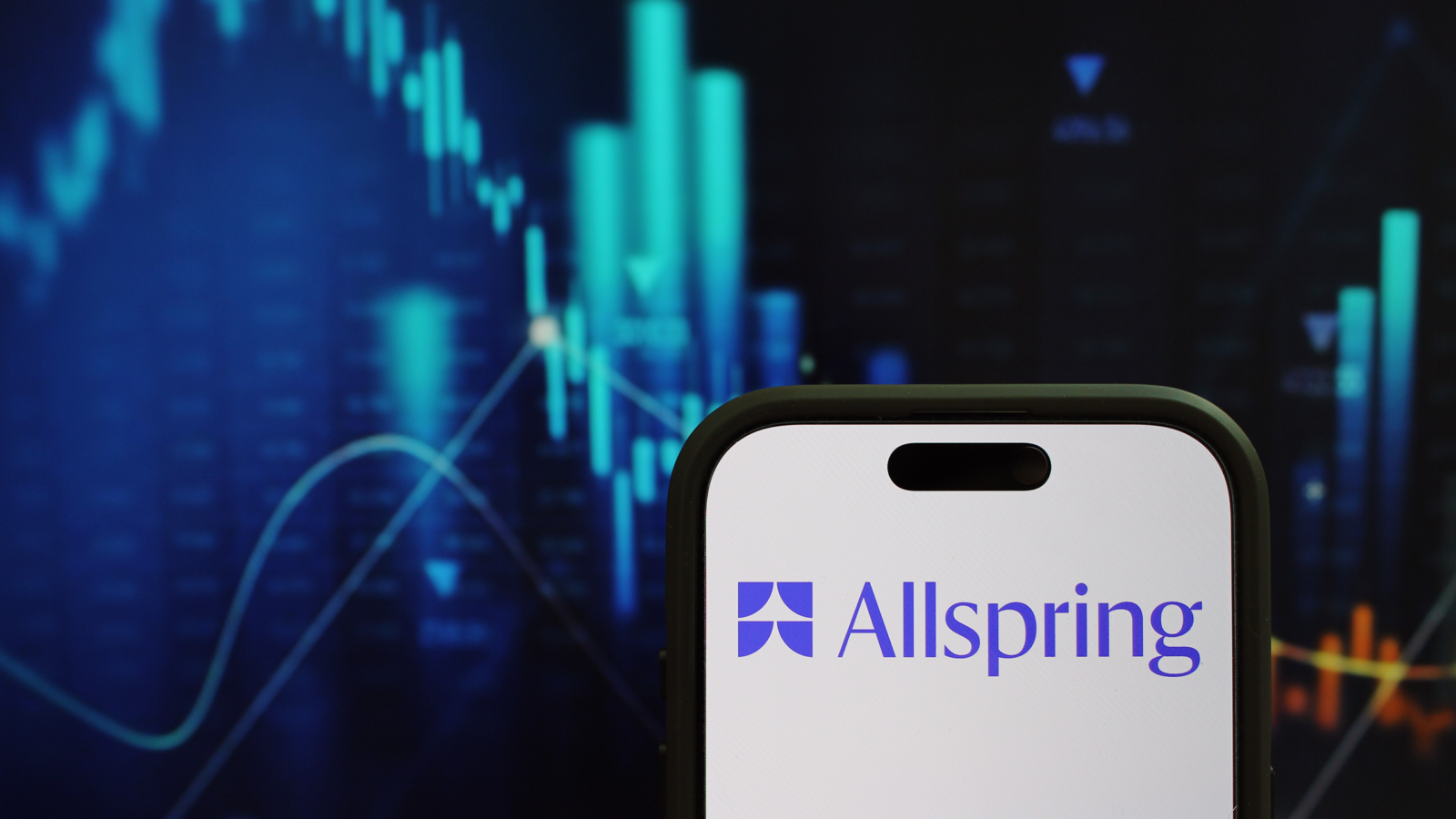SEC Inches Closer to Dual-Share-Class Approval
The agency is telling issuers to base their dual-share-class applications on one from Dimensional Fund Advisors.

Sign up for exclusive news and analysis of the rapidly evolving ETF landscape.
The more classes, the merrier.
The Securities and Exchange Commission appears to be on the cusp of approving dual share classes, and it’s advising dozens of fund companies to copy Dimensional Fund Advisors’ approach in their applications. Mutual funds being able to add an ETF share class, and vice versa, could prompt numerous asset managers to add fund shares. And for issuers, adding a mutual fund share class could open the door to 401(k) plans, among other potential benefits. It’s simply hard to overstate how consequential the changes could be.
“It is a big moment,” said Aisha Hunt, principal at law firm Kelley Hunt, whose client F/m Investments has the second-longest pending application for share class exemptive relief, behind Dimensional. Soon, “we’re not going to be talking about ‘ETFs’ or ‘mutual funds.’ We’re going to be talking about hybrid funds.”
I’m 6(c) and I Know It
Dimensional announced earlier this month that it had filed an amended application for exemptive relief under Section 6(c) of the Investment Company Act of 1940 to offer ETF share classes “following productive conversations with the SEC staff.”
Since then, the Securities and Exchange Commission has contacted other fund companies waiting for approval, telling them to use Dimensional’s application as a model, Hunt said. The changes to the most recently filed application appear to reflect a culmination of dialog between fund companies and the SEC, not just Dimensional, she said. F/m filed its application in August 2023.
Currently there is only one company with ETF share classes of mutual funds: Vanguard, which until 2023 held an exclusive patent. And that firm has only been allowed by the SEC to have such share classes for index funds. That all will likely change soon, and that’s no small detail, given the explosive growth of active ETFs, which now represent about $1 trillion in assets. Survey data last year from Cerulli Associates show:
- 68% of ETF issuers are at least considering dual share classes.
- At least half of asset managers expect the SEC to approve it, and just 15% said it was unlikely.
Sharing is Caring: Most of the applicants use a governance framework in their applications that is essentially fiduciary oversight, meaning that fund boards and advisors choose appropriate funds that would add a share class, Hunt said. For example, factors such as the cash drag for a mutual fund’s reserves or settlement dates for international equity holdings could make it complicated or inappropriate to add a share class, she said. A next step in the expansion of share classes is ensuring fund service providers are prepared, given the additional operations infrastructure they may need, she said.
“The exchanges are starting to be very proactive in working with the [SEC’s] Division of Trading and Markets,” she said, adding that the SEC is likely to approve dual share classes sometime this quarter. “We’re very optimistic about the potential of obtaining relief.”






